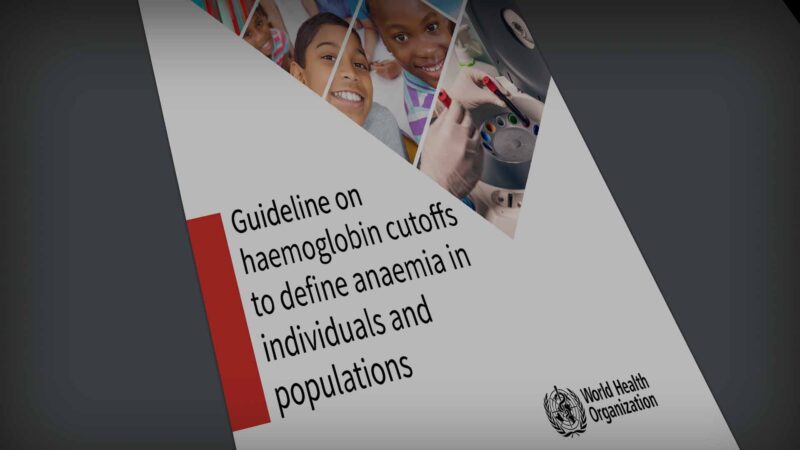People In Health Care
Dr Marina Berbic
Genetic Pathologist and Deputy Director of Genetics
Douglass Hanly Moir Pathology
Dr Marina Berbic is a genetic pathologist and the Deputy Director of Genetics at Douglass Hanly Moir Pathology – a laboratory based in Sydney and part of Sonic Healthcare. The genetics department at Douglass Hanly Moir offers a wider array of genetic tests across many domains, and the medical leadership model ensures the highest possible standard of care and commitment to patient safety.
Australian Health Journal spoke to Dr Berbic about her career and being a genetic pathologist. She started as a junior doctor in obstetrics and gynaecology after completing a medical degree, though never thought about specialising in pathology. The more she learned about genetic pathology, the more intrigued she became, realising that this specialty aligned with both her strengths and interests.
Dr Berbic has always been interested in science, technology, and innovation. She first studied for a Bachelor of Medical Science degree, followed by a Master’s in Reproductive Health and Human Genetics and then a PhD in Reproductive Medicine. Dr Berbic has long-standing academic interests, both from a research and teaching perspective. She continues to be involved in medical education at the University of New South Wales in her role as an Adjunct Senior Lecturer.
After completing her specialist training and attaining fellowship of the Royal College of Pathologists of Australasia, she commenced her role as a genetic pathologist at Douglass Hanly Moir and later became the Deputy Director of Genetics department. Her role involves providing clinical governance and medical leadership that governs all aspects of medical testing in genetics.
In this interview, Dr Berbic talks about the exciting area of genetic pathology impacting multiple areas of medicine including paediatrics, obstetrics and gynaecology, cardiology, neurology, oncology, and other fields.
The results of genetic testing have a potential impact on the patient’s diagnosis, the decisions that couples may take when they’re making reproductive decisions, and also have predictive implications. The testing results may influence therapy, selection, or patient management and may have far ranging impact on the individual as well as their family.
You Might also like
-
Empowered nurses leading digital health enablement
Nurses have a pivotal role to play in the widespread implementation and adoption of digital health technologies throughout the healthcare sector for the primary purpose of improving safety and quality of patient care.
Australian Health Journal talked to two of Australian top leaders in nursing and in digital health on how the role of nursing is pivotal to the success of digital health in the Australian health system.
-
Landmark Australian-led study revises thresholds to diagnose and treat anaemia
In 2014, WEHI researchers began a study at the request of the World Health Organization (WHO), to formally review its global anaemia guidelines that were last updated in 1968.
Study lead and Acting WEHI Deputy Director, Professor Sant-Rayn Pasricha, speaking to Australian Health Journal said while anaemia can be diagnosed by measuring the amount of haemoglobin in the blood, there is currently no consensus on the thresholds that should be used to define the condition. -
Dentist creates app to democratise oral health care
In this People In Health Care segment, Dr Gadiyar spoke to Australian Health Journal on how she hopes the app will help increase the number of people seeking dental treatment from the current 47% level in Australia. To date, 120,000 users have downloaded the app with more than 50 dental practices signed up with Smilo.ai to receive individual enquiries or seek dental treatment.



